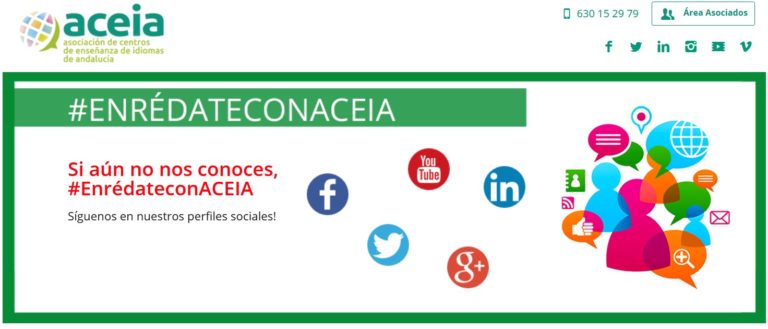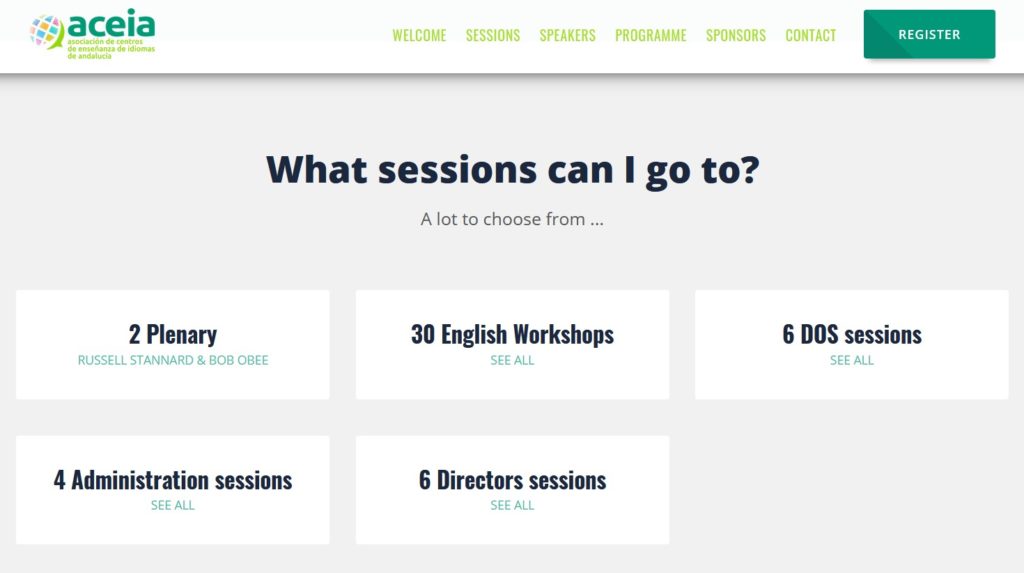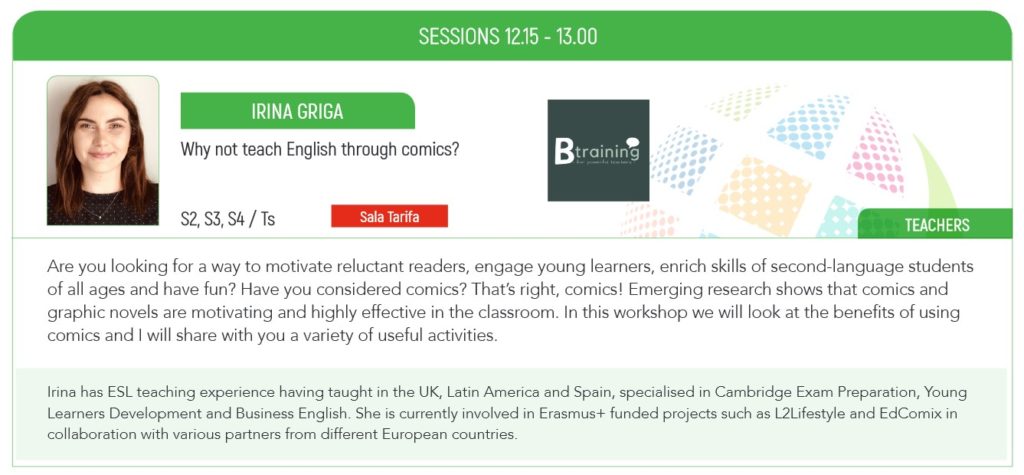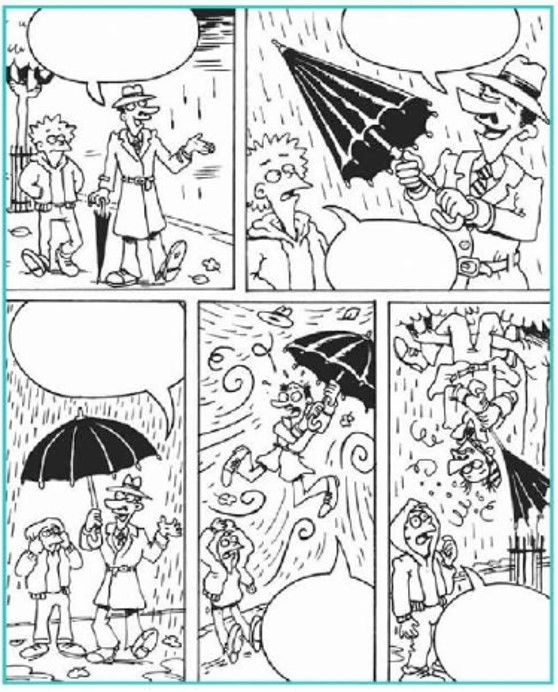Spreading the love for comics – ACEIA 1st virtual conference in SpaiN
– Written by Irina Griga, an English teacher from project partner Babel Idiomas –
ACEIA (Asociación de Centros de Enseñanza de Idioma de Andalucía) is a prestigious organisation that brings together language academies in various cities throughout Andalusia, Spain. Their main objectives are to ‘ensure the quality of private language teaching; offer students a guarantee of seriousness, sincerity and professionalism; as well as to aspire to promote the spirit of collaboration between the partners, for the benefit of the student, the teacher and each school in particular’ (aceia.es 2020).

Every year ACEIA organises the largest language teaching event in Spain for private language schools and this year, it was called ‘40 Years and Beyond: challenges and opportunities – ACEIA 1ST VIRTUAL CONFERENCE 2020‘. Their slogan was ‘Challenges and Opportunities’ and I was very fortunate to participate alongside many other incredible professionals.

As part of the BTraining team, I participated in the conferences organised by ACEIA in Seville or Malaga, and it was an amazing experience.
The people. The energy. The culture. Everything was a recipe for success.
So, when they announced that this year’s conference would be online, I was even more excited. Even though I knew I would miss being physically there and meeting incredible professionals, I also realised that being online would mean reaching more people from all over the country.

And here I am, nervous, but ready for this challenge. The presentation was viewed by a large number of teachers from different private language academies in Spain and the feedback I’ve received was overwhelming. I might even be able to say that some of them were ready and excited to create their first comic after the session.
I started by introducing the idea of using comics and graphic novel in the classroom in order to teach a second language, focusing mainly on English as the majority of participants in this conference were English teachers.
As Yavin says, ‘educational institutions are “robot factories” designed to maintain the existing class boundaries within society’ (2010) and Graham points out in his paper ‘Comics in the classroom: something to be taken seriously’ that ‘what is needed are communicative materials that can be administered in the classroom in a learner-centred way’ (2011). Comics provide the opportunity to create new materials suitable for English language teaching in primary and secondary school, which are designed to motivate students to use English for specific aims.
To answer the most asked question among teachers, ‘ Why comics? ’, I’ve made this list:
- Comics offer visual and narrative content
- They are fun, interesting and engaging
- Greater comprehension and interest
- Opportunity for active engagement
- Comics are versatile
- Comics can teach grammar
- Students practice reading, writing, speaking and listening
- Students develop critical thinking skills, independence of thought, and diversity of opinion
- Negotiation and communication in a second language
- Creativity

If that was not enough to convince them of the benefits of using comics, next on my agenda for this session was looking at a series of activities that teachers could use in the classroom. From the classic gap-fill activity or multiple-choice exercise to more creative alternatives such as creating a new ending to the story.
The most successful one was a writing practice activity where students were asked to complete the blank speech bubbles to create a story. Here’s the strip that was used. It’s interesting to realise how much a teacher can do with this comic strip. So, we brainstormed some ideas. Some teachers said that they would focus on vocabulary – highlighting words from a specific topic like the weather, or adjectives to express how the man is feeling; others said that they would use it to practice grammar such as reported speech or conditionals.
And all of it came from one strip. Imagine what you could do in your class! So, how would you use this comic strip? Let us know!
References:
- Graham, S. (2011, August 16). Comics in the Classroom: Something to Be Taken Seriously. ResearchGate; IDP Education Cambodia. https://www.researchgate.net/publication/271299011_Comics_in_the_Classroom_Something_to_Be_Taken_Seriously
- Yatvin, J. (2010, October 1). Turning schools into robot factories. The Washington Post. Retrieved from http://voices.washingtonpost.com/answer-sheet/elementary-school/-this-post-was-written.html
- es. (2020). ACEIA Annual 1st Virtual Conference 2020 – 40 Years and Beyond: challenges and opportunities. Aceia.Es. https://www.aceia.es/annual-conference-2020/
- Quiénes somos. (2019). Asociación de Centros de Enseñanza de Idiomas de Andalucía. https://www.aceia.es/quienes-somos